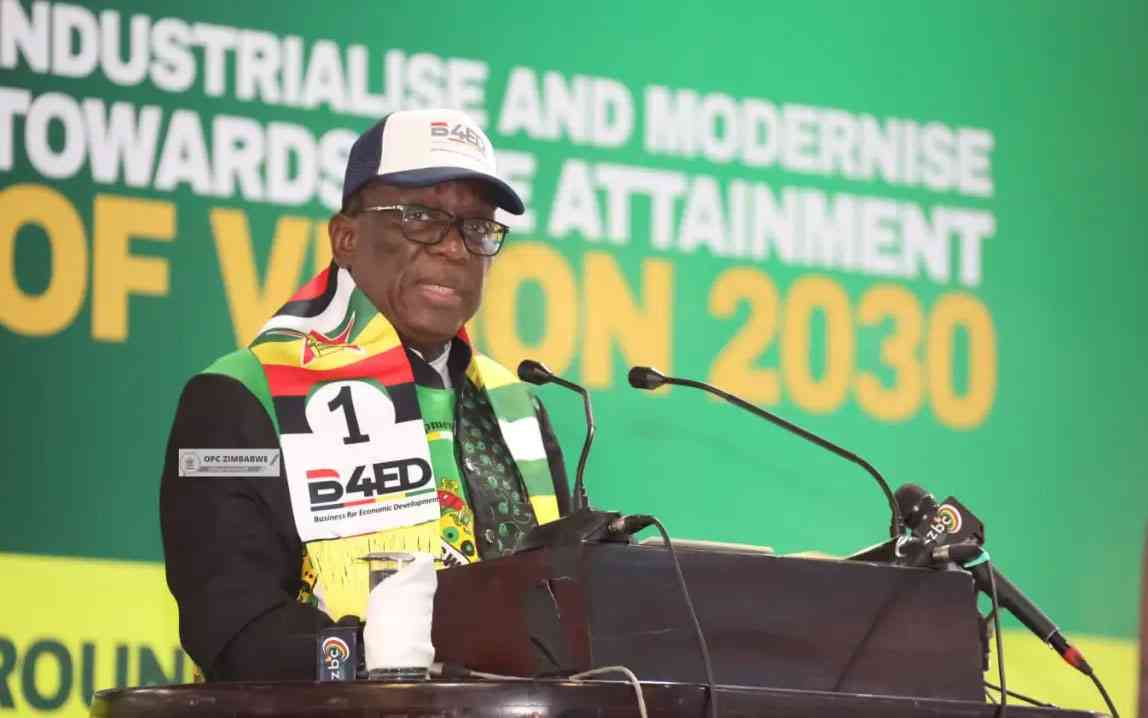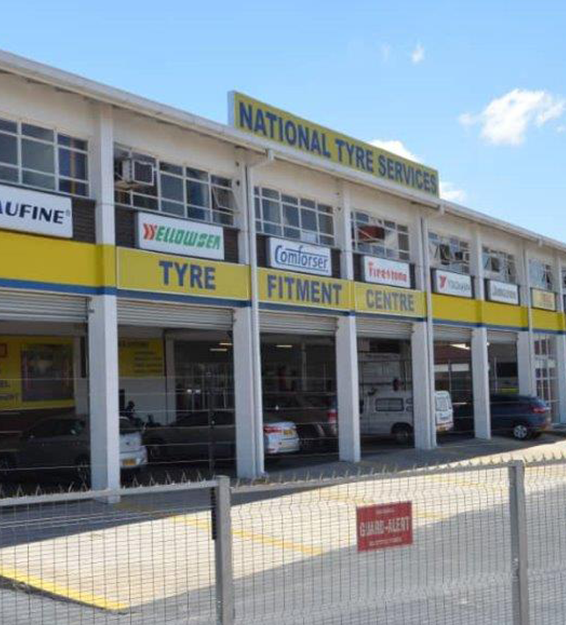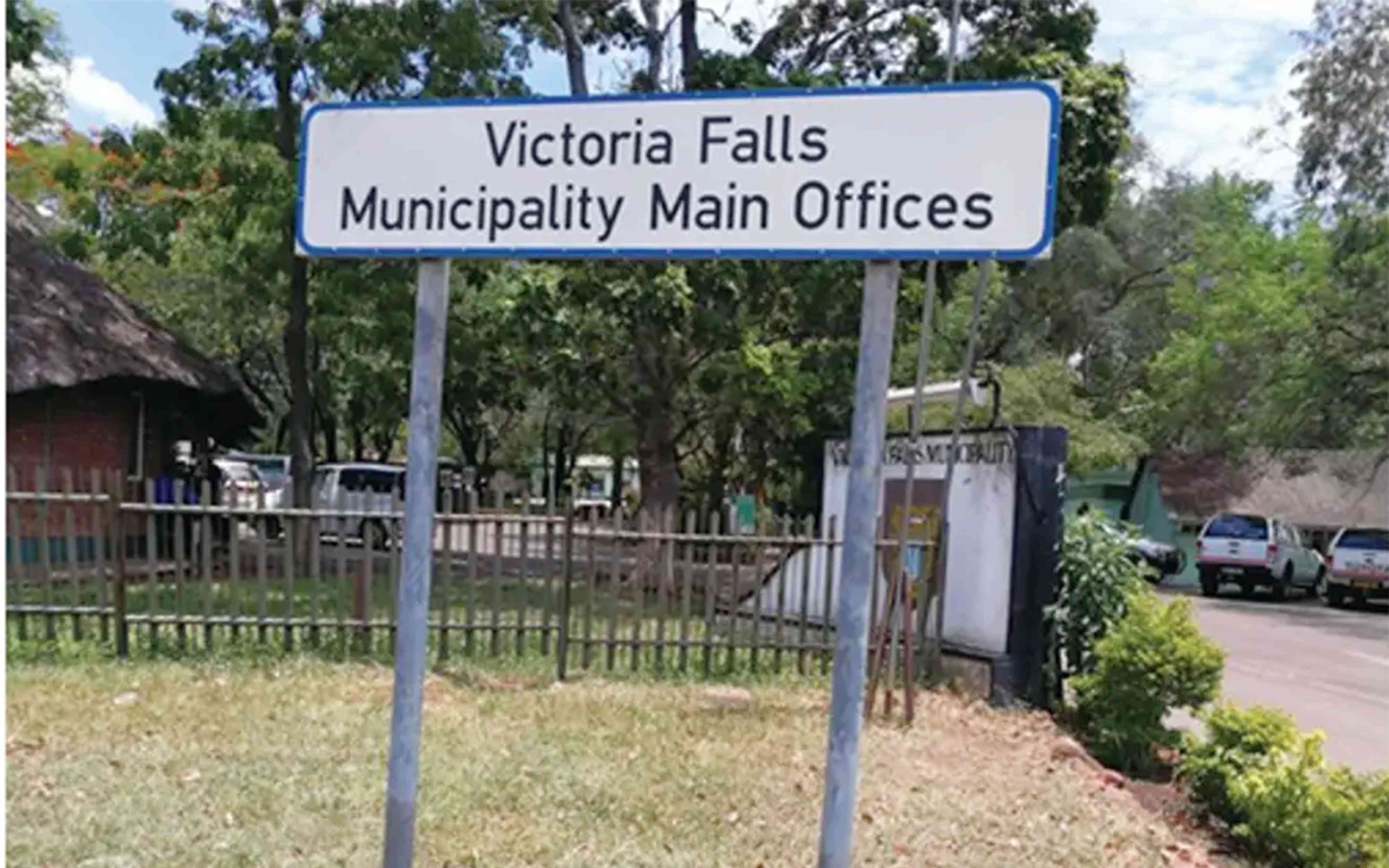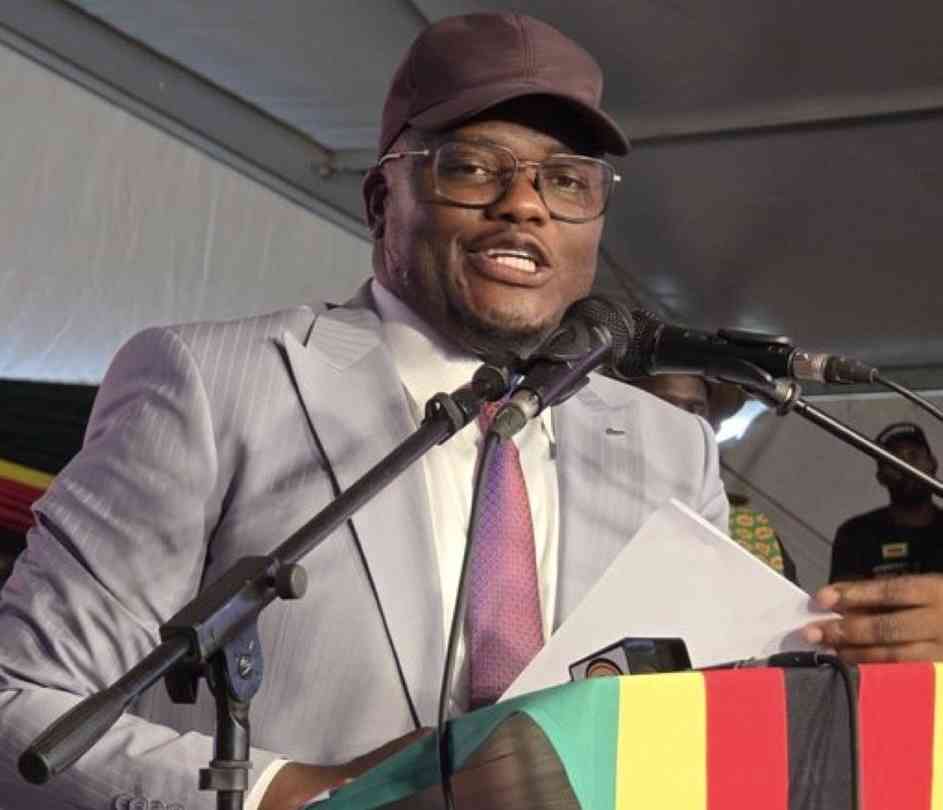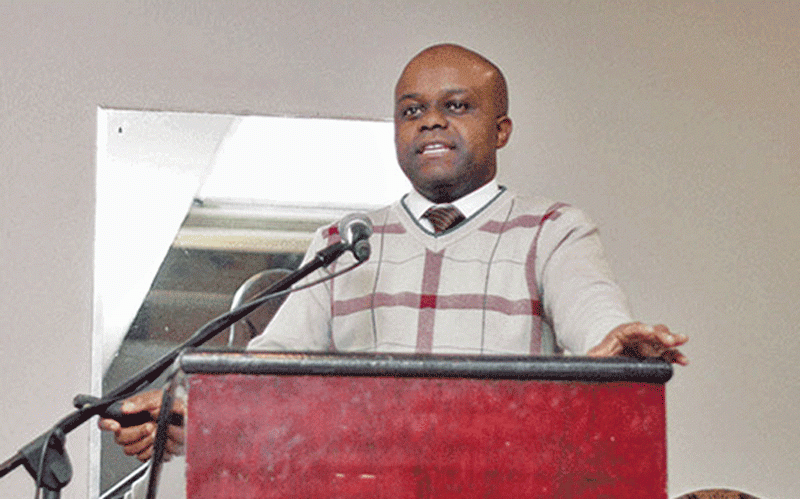
ECONOMISTS have called on African nations to approach the upcoming Forum on China-Africa Cooperation (Focac) with a clear vision and strategic framework to ensure a mutually beneficial outcome for the continent.
The China Africa Research Initiative reports that Chinese investment in Africa has been on the rise since 2003, with capital investment increasing from US$75 million in 2003 to US$5 billion in 2021, before declining to US$1,8 billion in 2022.
With a combined population of nearly three billion people, Africa and China have the potential to capitalise on significant trade and investment opportunities. Focac, which convenes every three years and alternates between China and Africa, has seen China make substantial investments on the continent, particularly through its Belt and Road Initiative (BRI).
The BRI is a vast international infrastructure project aimed at revitalising and expanding the ancient Silk Road, initially established to strengthen ties between China and the West. The ninth Focac summit, scheduled to take place in Beijing from September 4 to 6, comes at a time when African economies are still grappling with the instability brought on by the Covid-19 pandemic.
Economist Prosper Chitambara said Africa has not been sufficiently strategic in setting clear objectives and goals for its engagement with China.
“Let me start by saying that Focac is obviously a very important forum for enhancing cooperation, trade relations between China and African economies,” Chitambara said.
“So, obviously we need to fully take advantage, fully leverage that forum. I think the major challenge has been that the forum itself is still largely driven or shaped by the donor-recipient dynamic. Africa has not been very strategic in terms of having clear objectives and goals of what it seeks to achieve from this cooperation.
"Unlike China's published China-Africa Cooperation Vision 2025, African countries have yet to articulate a similar comprehensive plan for their development," he added.
- The story behind Zim media’s coverage of China
- Chinese investment projects spark ecological concerns in Africa.
- As global recession looms, China unlikely to rescue economy again: Report
- Chinese loans to Africa plummet to near two-decade low - study
Keep Reading
He cautioned against overreliance on donor support from Beijing and emphasised the importance of crafting a clear vision for what Africa seeks to achieve through Focac, including specific deliverables and benefits for the continent's development.
Zimbabwe’s former deputy prime minister, Arthur Mutambara, echoed these sentiments, stressing the need for Africa to define what constitutes a win in its relationship with China.
“In the proverbial win-win framework between China and Africa, Africans must define what constitutes a win for Africa; we must be clear about what we want: inclusive development and shared prosperity in Africa,” he said commenting on X.
“We must be clear about what we are going to do to achieve what we want: Economic transformation by moving up global value chains (beneficiation and value addition), creation of capable, ethical, democratic developmental states on the continent (these states must also be facilitative and entrepreneurial).
“Put a premium on infrastructure development, infrastructure is the economy and the economy is infrastructure hence reject any bilateral deals between China and individual African countries,” Mutambara said.
He noted that Africa should draw inspiration from China's growth and development trajectory.
“African countries get short-changed by China in bilateral deals; Africans must leverage the scale that comes from regional and continental integration,” Mutambara said.
“In pursuing what we want and developing our strategic methods for success, we draw inspiration and motivation from the lessons of China's journey to become the second-largest economy in the world, the country had challenges and ambitions similar to ours and deployed identical strategic initiatives.”
However, economist Gift Mugano offered a more critical perspective, describing the relationship between China and Africa as a zero-sum game that benefits China at Africa’s expense.
“From the onset China made a commitment to support African trade,” Mugano said.
“China wanted to take the African continent as the emerging market for Chinese goods and a source for raw materials. However, China is benefiting from Africa through raw materials and it is pushing its population into Africa.
“Focac is honestly a good initiative but few African countries benefit from it, and China-Africa trade has become a zero-some game, in as much as it is portrayed in a manner that shows a win-win situation,” he said.
Mugano argued that while Focac was a good initiative, it had primarily benefited a few African countries, with China-Africa trade increasingly skewed in favour of China despite the portrayal of a win-win situation.
He urged African leaders to ask the right questions about the funds pledged by China and push for genuine development outcomes.
“There were billions pledged by China in 2015 and 2018 to fund infrastructure development in Africa but a few countries benefited,” Mugano said.
“African countries need to be concerned; from inception until now, what has Focac achieved and what new technologies came toZimbabwe from China due to Focac.” /

